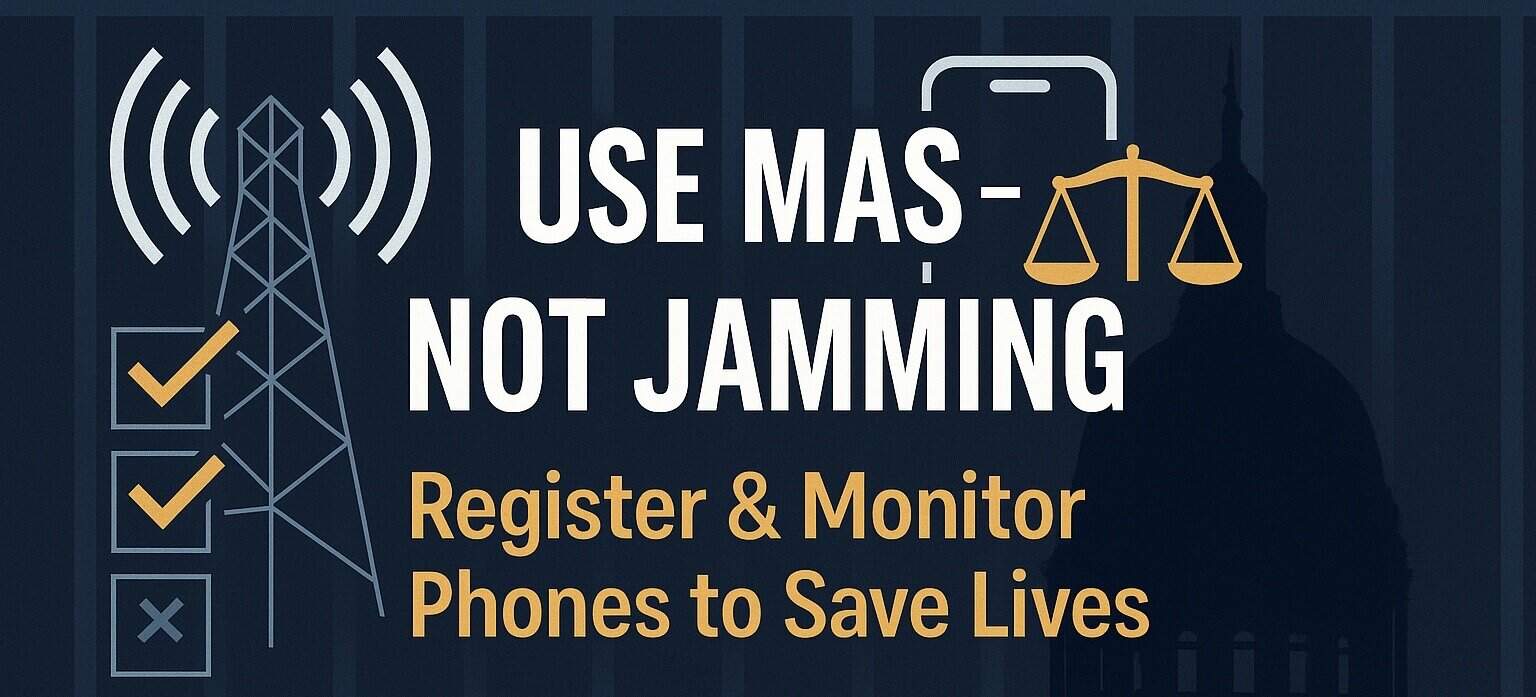Leo Alexander
Prisneyland: What Prison Should Be
California is proving what real reform looks like.
At Valley State Prison, there were zero homicides and only one serious violent incident last year.
In Georgia, there were 333 deaths and more than 100 murders.
The difference? California invests in education and rehabilitation, not concrete and isolation.
“Prisneyland” isn’t soft — it’s smart. It’s what prison should be.
Georgia’s “Hardened” Solution: Another Fortress Instead of Reform
Georgia is spending hundreds of millions on new “hardened” prisons while people inside are starving, dying, and losing hope.
The state calls it reform, but it’s really just repackaged repression — concrete solutions to moral failures. The Department of Justice has already declared Georgia’s prisons unconstitutional, yet instead of addressing the root causes — chronic understaffing, violence, medical neglect, and starvation — the state keeps doubling down on construction contracts and calling it progress.
Prisoners are wasting away on trays of cold grits and two slices of bologna while $600 million is poured into walls, gates, and locks. If Georgia redirected even a fraction of that money to food, healthcare, and staffing, violence would drop, lives would be saved, and rehabilitation might finally mean something again.
Until Georgia chooses reform over repression, its new walls will stand as monuments to failure, not justice.
Starved and Silenced: The Hidden Crisis Inside Georgia Prisons
“My son went in weighing 180 pounds. Now he looks like he belongs in a concentration camp.”
Across Georgia’s prisons, men and women are wasting away — surviving on a few spoonfuls of grits, bologna, and moldy air. The Department of Corrections calls it efficiency. We call it **cruelty by design.**
Starvation, disease, and violence are the price of Georgia’s broken prison food system — a system that profits from suffering and punishes the hungry.
Unconstitutional: Georgia’s Extrajudicial Punishment
When judges hand down prison sentences, the punishment is supposed to match the crime. But in Georgia, the real sentence isn’t what’s on paper—it’s what happens behind the walls: violence, medical neglect, and trauma that far exceed what the law allows. This isn’t just a moral crisis. It’s a constitutional one.









